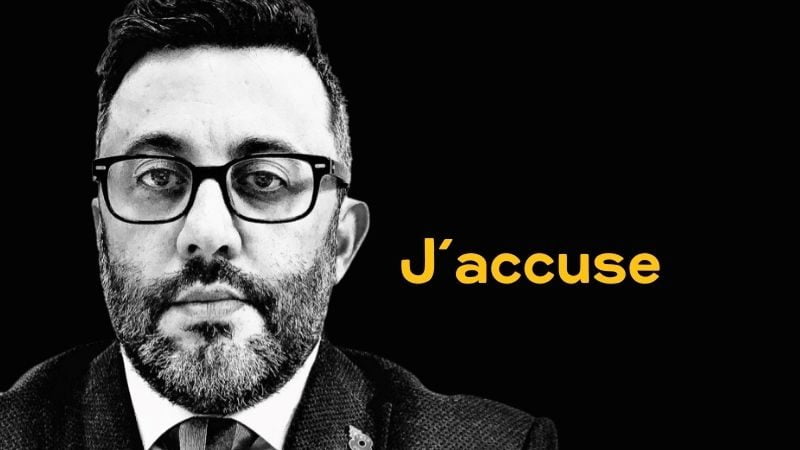The Eurovision is a welcome appointment of distracting entertainment in our family, and this year has been no exception.
We are no different from the many households who follow the event with more than a pinch of the proverbial salt. We take in its peculiarities and eccentricities without too much fuss and with no nationalistic fervour, although the wife did display a modicum of pride at last year’s Italian victory.
Having long accepted the voting charade that kicks off at the tail end of the spectacle, we no longer despair at Cyprus awarding its douze points to Greece or vice-versa. We ask only one thing of the Eurovision – that it entertains us – and it never fails to deliver.
Malta’s entry this year included introspective reflections of self-acceptance encapsulated in the refrain “I am what I am” taken straight out of Gloria Gaynor’s playbook. The song barely stood out and failed to make it to the final.
What did stand out is the Maltese public voters’ failure to award full marks to the Ukrainian song. Malta turned out to be only one of the four nations that chose not to award top marks to Ukraine, whether for symbolic reasons or out of actual musical merit.
Many are likely to argue that it is only a song contest and that we should not read anything political into the vote. The numbers would say otherwise. Forty nations voted in the song contest. Forty. Only four “voting publics” did not give full marks. That means that one in every ten chose not to give full marks to the Ukraine. Malta of “I am what I am” joined Serbia, North Macedonia and Greece to deliver a snub to the war-torn country.
It does not stop there. Malta’s online brigade seemed to join the trolls criticizing Zelenskiy and his nation’s valorous defence. Labour’s dinosaur Joe Brincat engaged in yet another “Cain and Abel” style dose of rhetoric, denouncing the Ukrainian president for daring to ignore Malta’s antediluvian neutrality dreams.
I am what I am. We are what we are. Take it or leave it, and if you don’t like it, go back to your country. That seems to be the prevalent attitude nowadays, and it is frankly disconcerting. We will surely not judge a country exclusively based on a Eurovision vote, but it is a further indicator of what passes for “popular” and “populist” ideas on the island.
What are we exactly? What are the core values that run the island today? What is acceptable in our demos, our polity?
Know thyself, the Delphic maxim, is very relevant to understanding what makes us tick as a society, and even more relevant to understanding whether we have what it takes to face the challenges of the future.
Questioning our very essence is an important step if we are to redefine the state and how it works.













Is Malta just a big film set? Constant construction and tearing down. Carefully constructed façades, cosmetic realities, small spurts of high drama in a forever changing setting? Scripts are heavily edited, lots of inactivity for the main actors, drama is reality and reality is drama, nothing that you see is real, and nothing happens unless the director says ‘action’. And nothing stops until he says the other word.
KNOW THYSELF WAS ADVOCATED BY SOCRATES. IT IS IN THE
INTEREST OF THE PL GOVERNMENT THAT WE DON’T KNOW
OURSELVES SO THAT IGNORANCE BECOMES BLISS.